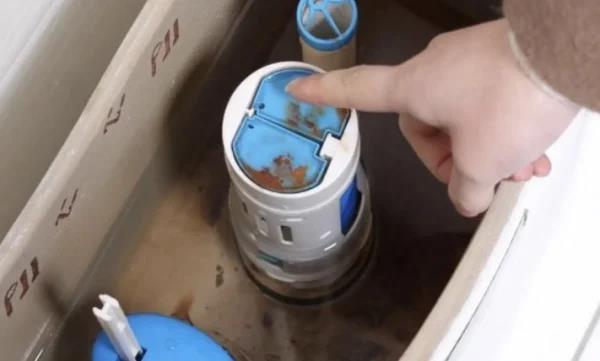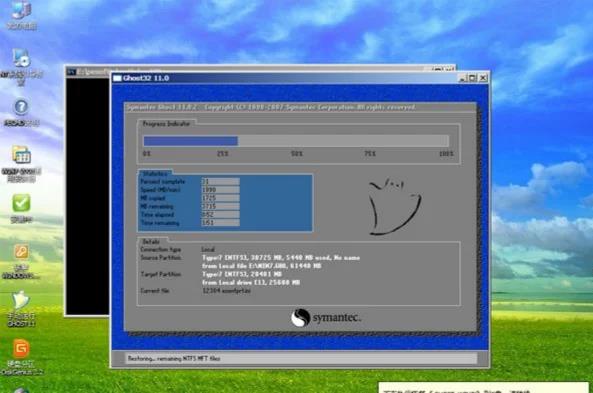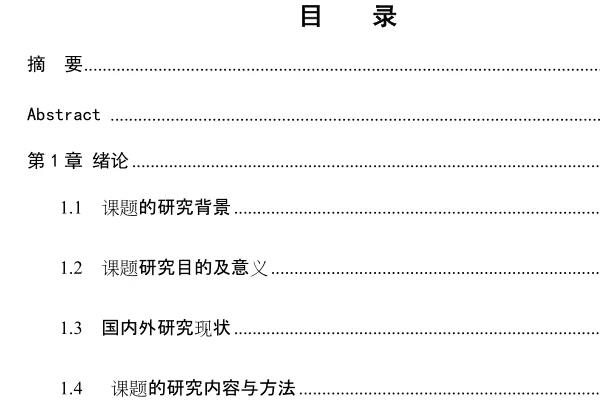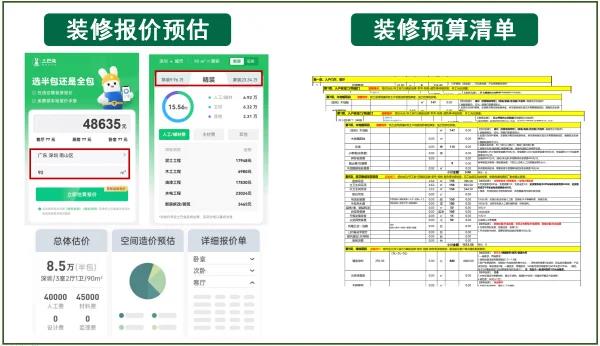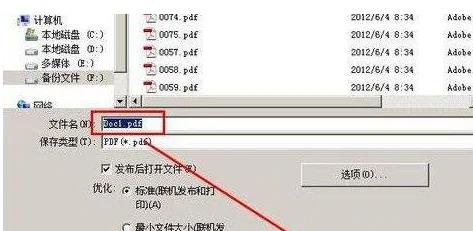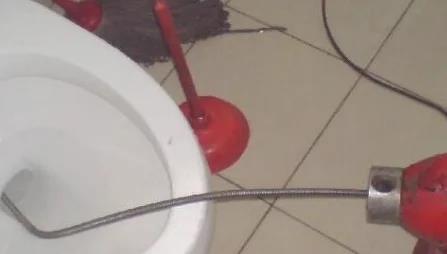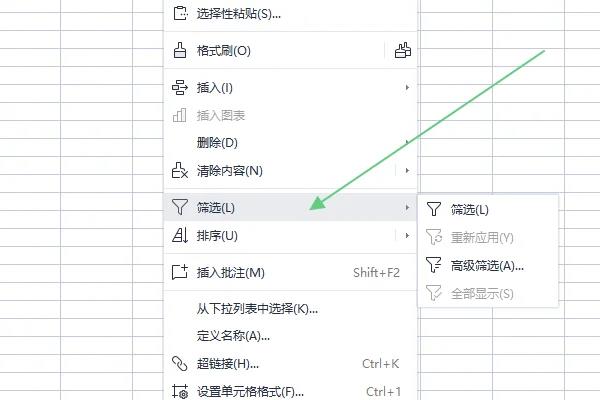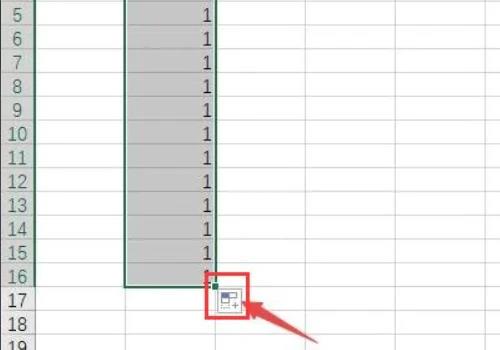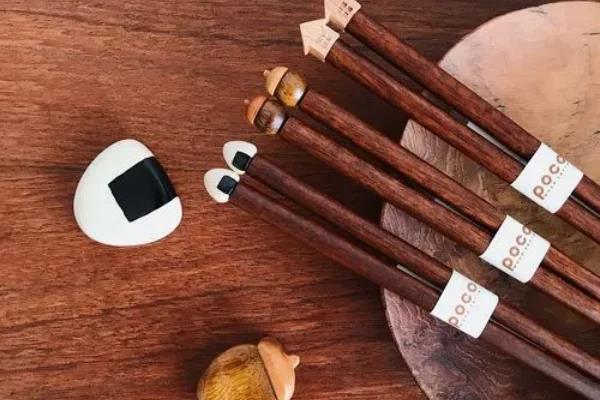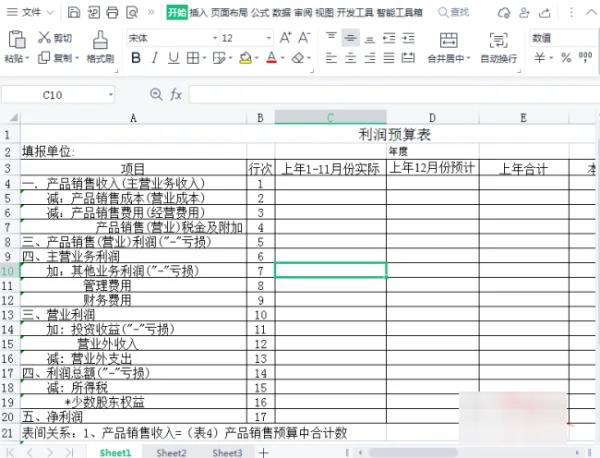蛀牙牙虫用英语怎么说(英语中“蛀牙”和“牙虫”的说法)
Cavities, commonly referred to as tooth decay, are a prevalent dental issue experienced by many individuals. The primary culprit behind this condition is the formation of plaque, a sticky film consisting of bacteria that accumulates on teeth surfaces. When these bacteria feast on the sugar and starches from the foods we consume, they produce acid, which gradually erodes the enamel of the tooth. This process can lead to the development of tiny holes or cavities in the teeth, known scientifically as dental caries.
The term "tooth decay" may conjure up images of tiny creatures burrowing into one's teeth, but this is merely a myth. There are no actual "tooth worms" or "tooth bugs" causing the damage. Instead, it is the acid produced by oral bacteria that leads to the demineralization of tooth enamel, eventually resulting in cavities. It's important to note that once the enamel is compromised, it cannot regenerate itself, leaving the underlying dentin exposed and susceptible to further decay if left untreated.
Prevention is key in avoiding the pitfalls of tooth decay. Proper oral hygiene practices such as regular brushing with fluoride toothpaste, flossing to remove debris between teeth, and routine dental check-ups for professional cleanings are essential. Additionally, maintaining a balanced diet low in sugary snacks and drinks can significantly reduce the risk of cavity formation. If a cavity does form, timely treatment is crucial to prevent the decay from spreading deeper into the tooth or affecting adjacent teeth.
In conclusion, understanding the causes and prevention methods for tooth decay is critical for maintaining good oral health. While the notion of "tooth worms" or "tooth bugs" might be amusing in its own right, it is the bacterial acid that poses the real threat to our teeth. By practicing proper oral hygiene and dietary habits, one can effectively protect against the onset of dental caries and preserve a healthy smile.
To sum up, the term "cavity" in English refers to the small holes in teeth caused by the erosion of enamel due to acid produced by oral bacteria. These bacteria thrive on sugar and starches, leading to the formation of plaque and subsequent tooth decay. It's important to dispel the myth of "tooth worms" and focus on effective preventive measures such as regular brushing, flossing, and dental check-ups to keep our teeth healthy and cavity-free.
蛀牙用英语怎么说decayed teeth
英文发音: [dɪˈkeɪd tiːθ]
中文释义:蛀牙;龋齿
例句:
Not only do decayed teeth hurt, they have an awful odor.
蛀牙不能会伤害牙齿,还会产生一种可怕的气味
词汇解析:
1decayed
英文发音:[dɪˈkeɪd]
中文释义:v.(使)腐烂,腐朽;(建筑地方等)破败,衰落,衰败;(力量影响等)衰弱,衰退,衰减
decay的过去分词和过去式
例句:
The bodies buried in the fine ash slowly decayed
埋在灰烬里的尸体慢慢地腐烂了
2teeth
英文发音:[tiːθ]
中文释义:牙齿,tooth 的复数
例句:
Thoroughly brush teeth and gums twice daily
每天两次彻底刷净牙齿和牙龈
扩展资料
tooth的用法:
1tooth的基本意思是牙,齿,其复数形式是teeth,但由tooth构成的复合词在变成复数时,则只需将主体名词变成复数形式
2tooth也可作齿状物; (齿轮锯梳耙等的)齿解
3tooth还可作嗜好,胃口解
“虫牙”用英语怎么说?很急呀..........decayed tooth 龋齿,虫牙,蛀牙saprodontia
这两个足够表达了

